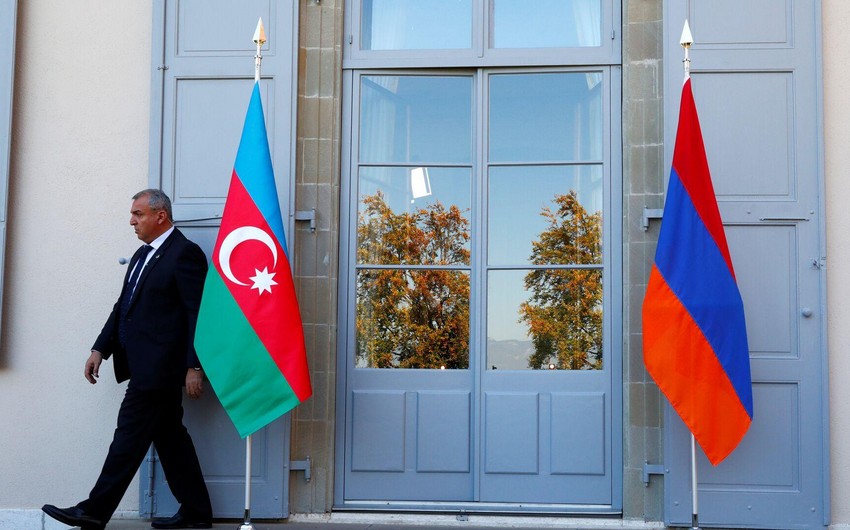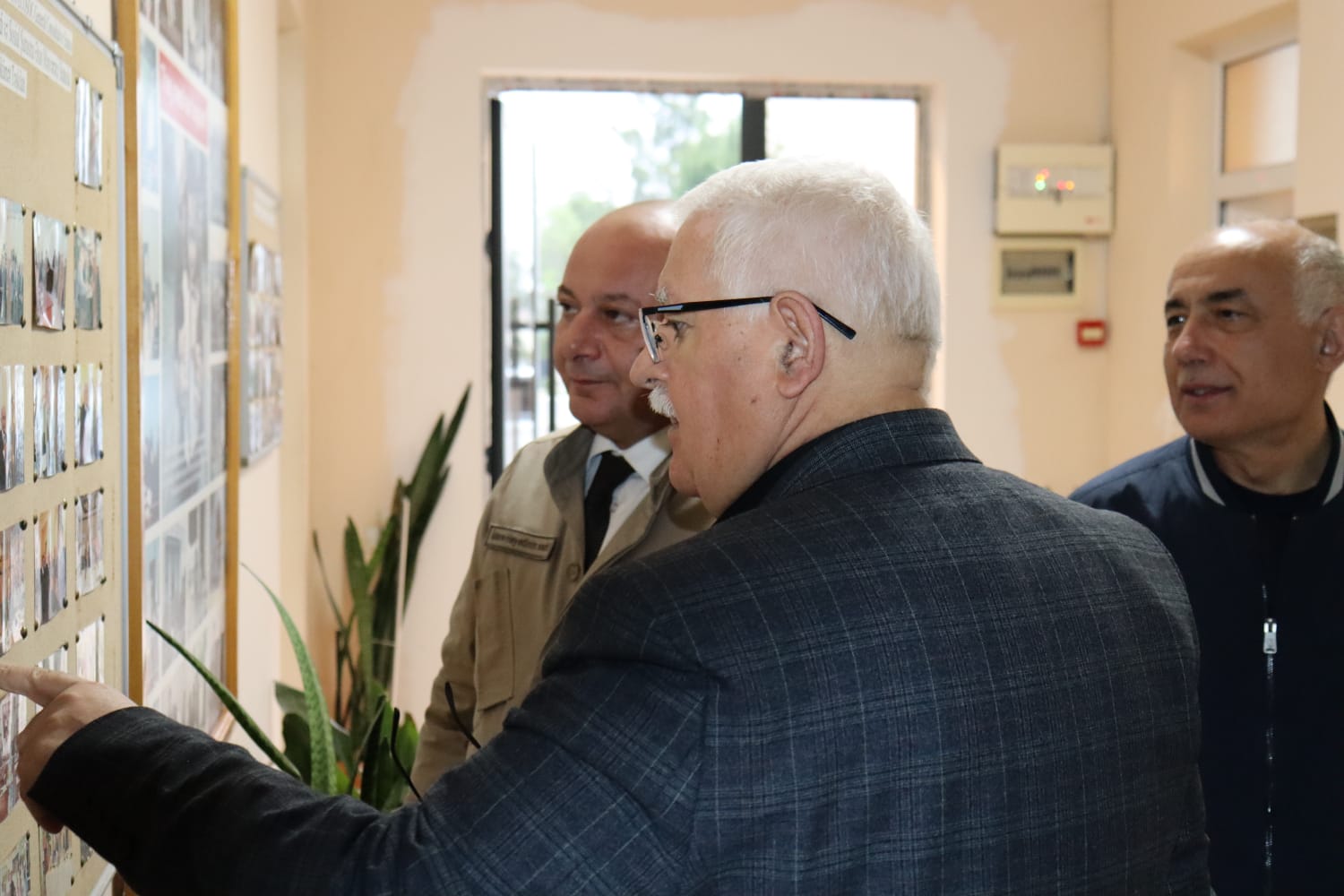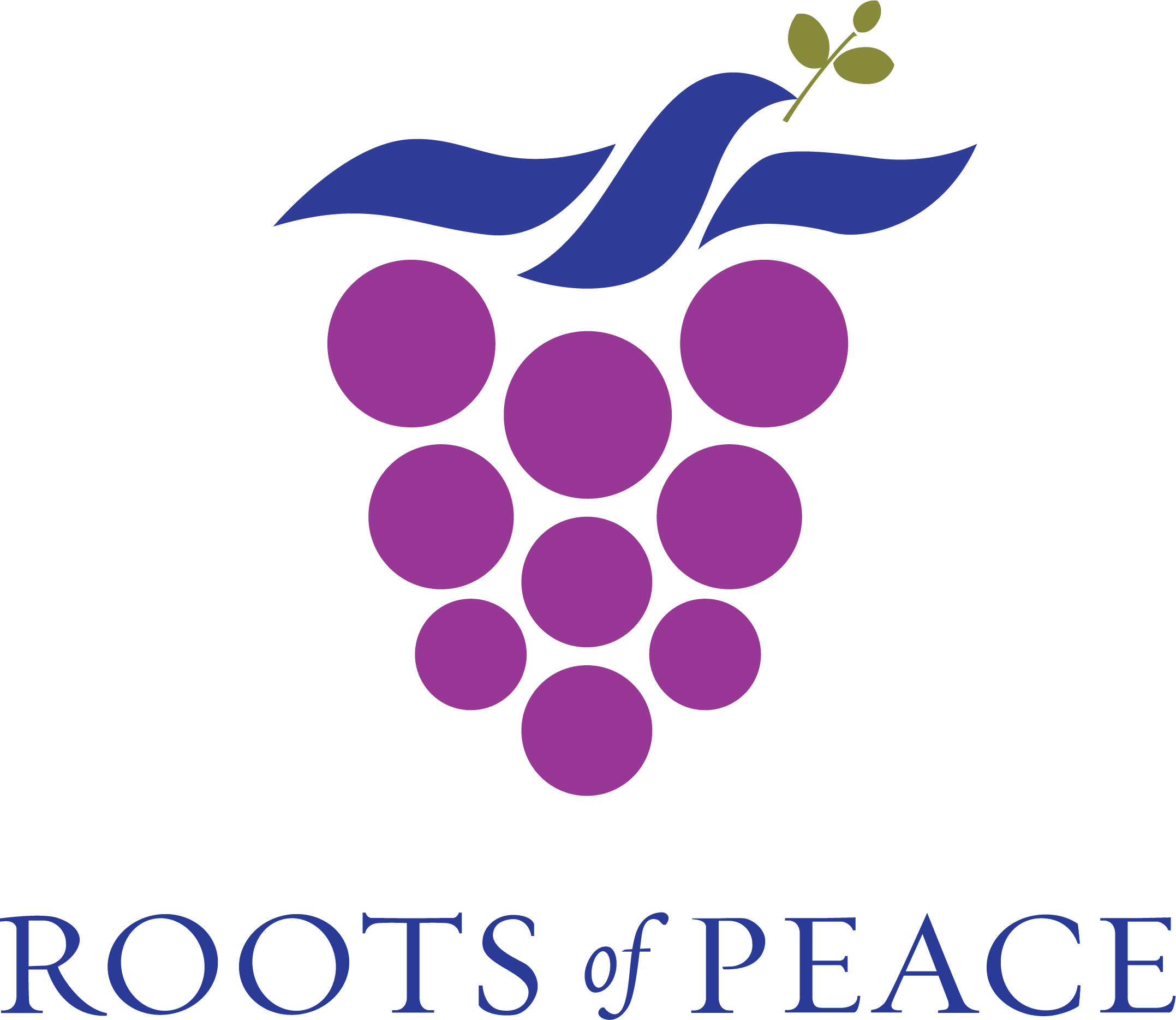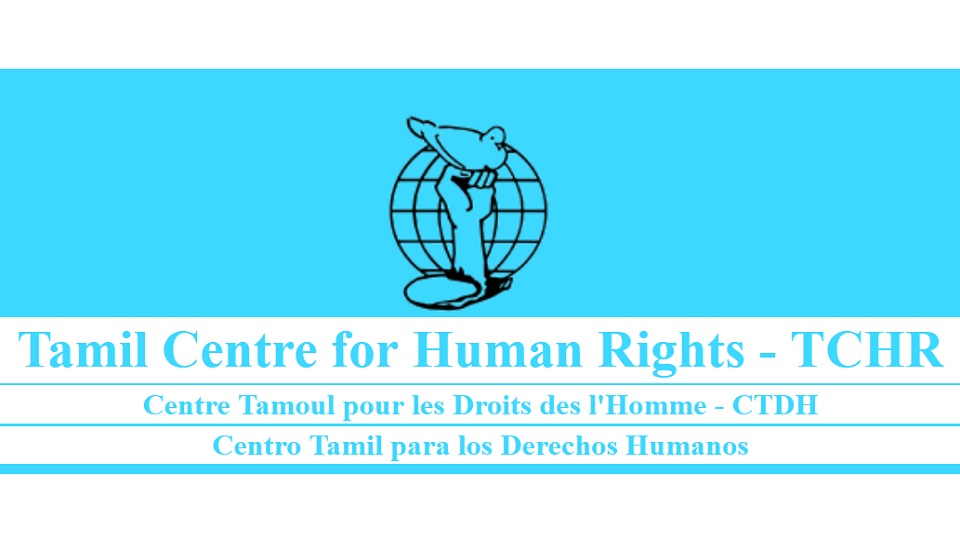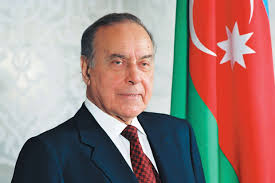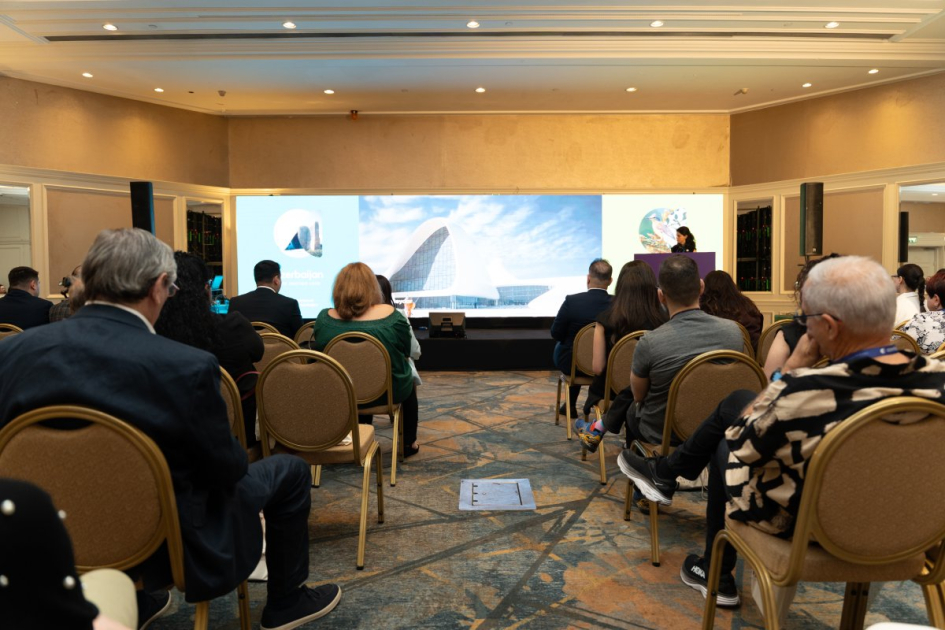As we know, after a long break, one-on-one meetings between the officials of Azerbaijan and Armenia have been resumed. Issues related to border delimitation and ensuring peace between the two countries were discussed. Discussions are expected to continue. But is the bilateral meeting format really the only format that has no alternative between the two countries? Or would third-party involvement make it easier to resolve the issue?
Ednews conducted a survey among foreign experts. Here are the answers:
Former US Ambassador to Azerbaijan Robert Cekuta:

"In dealing with the United States, it is best to deal directly with Americans. On that point, I would note the arrival of the new ambassador. His arrival can definitely help get things on track. I am sure Azerbaijanis will welcome him."
Former Minister of Education and Science of Georgia, head of the Caucasian Peace Institute, political scientist Gia Nodia:

"Powerful third party usually helps because it has leverage, therefore it can push the parties to make necessary compromises, and because it takes some responsibility for the agreements being kept. In this case, the problem is that there is no third party that is sufficiently powerful, credible, and more or less acceptable to the both sides. On the other hand, apparently, the both sides are motivated to resolve the remaining issues. That’s why they may find direct negotiations without powerful intermediaries the most practical option."
Director General and founder of Azerbaijan-US Economic and Education Council, representative of İEPF in the USA, Peter Tase:
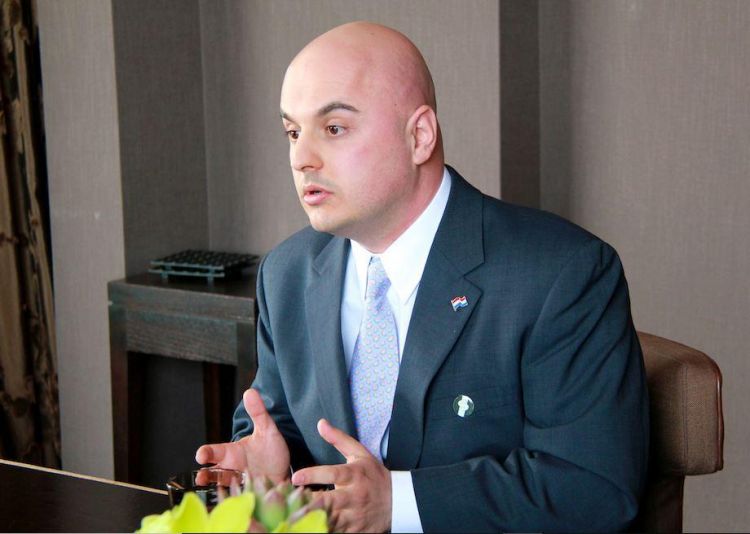
"The participation of Republic of Türkiye and of Organization of Turkic States is fundamental in the ongoing peace talks between Azerbaijan and Armenia. The bilateral dialogue between Baku and Yerevan has proved to be counterproductive. Furthermore the Republic of Georgia can play a strategic role in propelling the bilateral dialogue. Tbilisi has maintained a good geopolitical balance in the Southern Caucasus."
German political expert Thomas Paul:
"The ongoing meeting can play a very important role in ensuring peace. The presence of a third "neutral" party can always greatly contribute to special meetings. However, within the framework of bilateral meetings, I think that the issue should be taken very seriously by both countries. For example, there were maps submitted by the Armenian side (1975 borders and Great Soviet encyclopedias), none of which are legal documents. Therefore, first of all, it should be determined which cartographic documents will be worked on. I also strongly support holding the meeting at a higher level - within the framework of the president and prime ministers. At present, all possible barriers between the two countries have been removed, and why not sign peace."
Akbar Novruz

